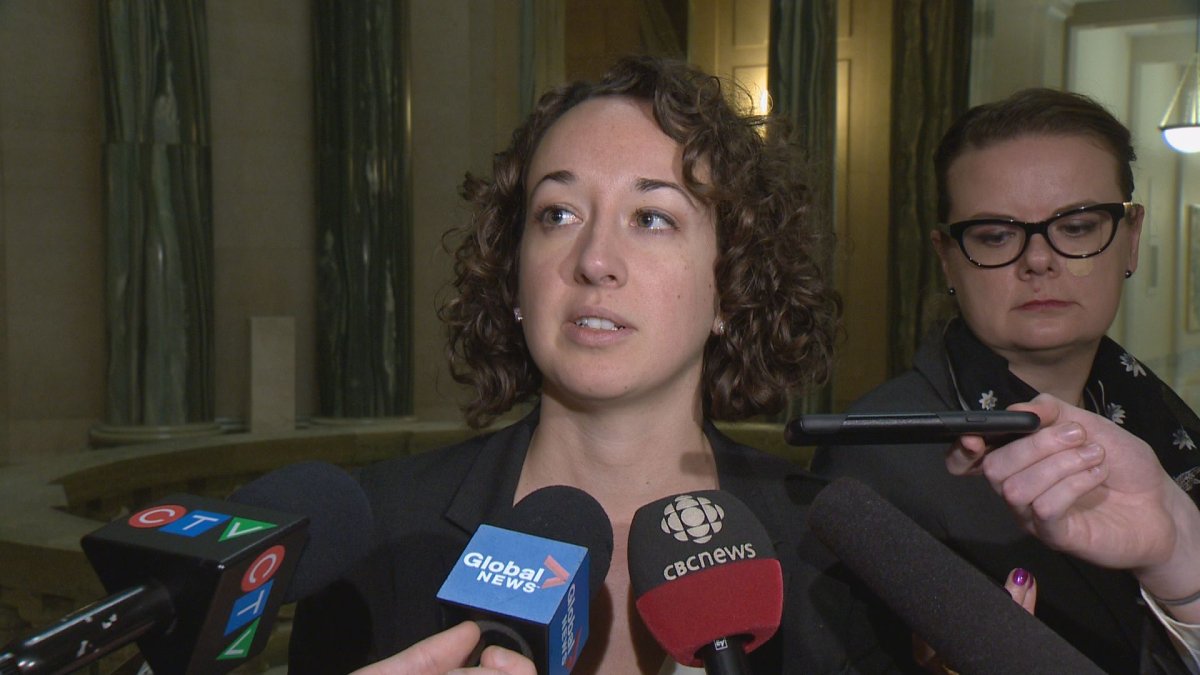Victims suffering abusive relationships no longer need to feel trapped by a lease in Saskatchewan. A new law introduced and passed Monday allows people fleeing abuse to break a lease penalty-free as long as they provide 28 days notice.

The move is being welcomed by the Provincial Association of Transition Houses and Services of Saskatchewan (PATHS).
“Staying in an abusive relationship, especially near the end, is the most dangerous time,” PATHS executive director Jo-Anne Dusel said.
“The ability to leave and not stay in that situation means possibly the difference between life and death.”
READ MORE: Domestic violence survivor wishes Sask. bill could have come earlier
Justice Minister Gordon Wyant said that this brings Saskatchewan in line with other jurisdictions across Canada. The ministry modelled this legislation after Alberta who passed a similar law last year.
In order to break a lease, victims of domestic abuse will have to provide a certificate from Victim Services to their landlord.
“That will be supported by either a protection order, but there’ll have to be something that’s given in order to get the certificate from Victim Services,” Wyant explained.
The minister added that people can get certificates from Victim Services with “compelling evidence” from a shelter worker.
- Canadian man dies during Texas Ironman event. His widow wants answers as to why
- On the ‘frontline’: Toronto-area residents hiring security firms to fight auto theft
- Honda’s $15B Ontario EV plant marks ‘historic day,’ Trudeau says
- Canadians more likely to eat food past best-before date. What are the risks?
“Very often you can see the signs on them whether they be physical or emotional distress,” Dusel said. “What I appreciated about that was the recognition that shelter workers are professionals and experts in this field.”
The new law originally came from a private members bill introduced by justice critic Nicole Sarauer. There are still two parts she wants to see become law.
“The two other pieces were allowing for accommodation in the workplace for people experiencing domestic violence and the second piece was allowing for employment leave,” Sarauer said.
This includes both paid and unpaid leave to deal with the fallout of an abusive relationship, including conselling and court dates.
Wyant said he wants to consult further with the Ministry of Labour before moving forward on this matter.
Dusel said similar rules have been in place for a number of years in Australia. Studies have been done and she said they show there is a benefit for employers because employees are able to handle their work and personal lives separately.
“Individuals who are taking advantage of this legislation are not using it all in one length of time. They’re not taking long leaves. They’re actually taking a half-day here or there to take care of business,” Dusel said.
Saskatchewan consistently has one of the highest rates of domestic violence in Canada.




Comments